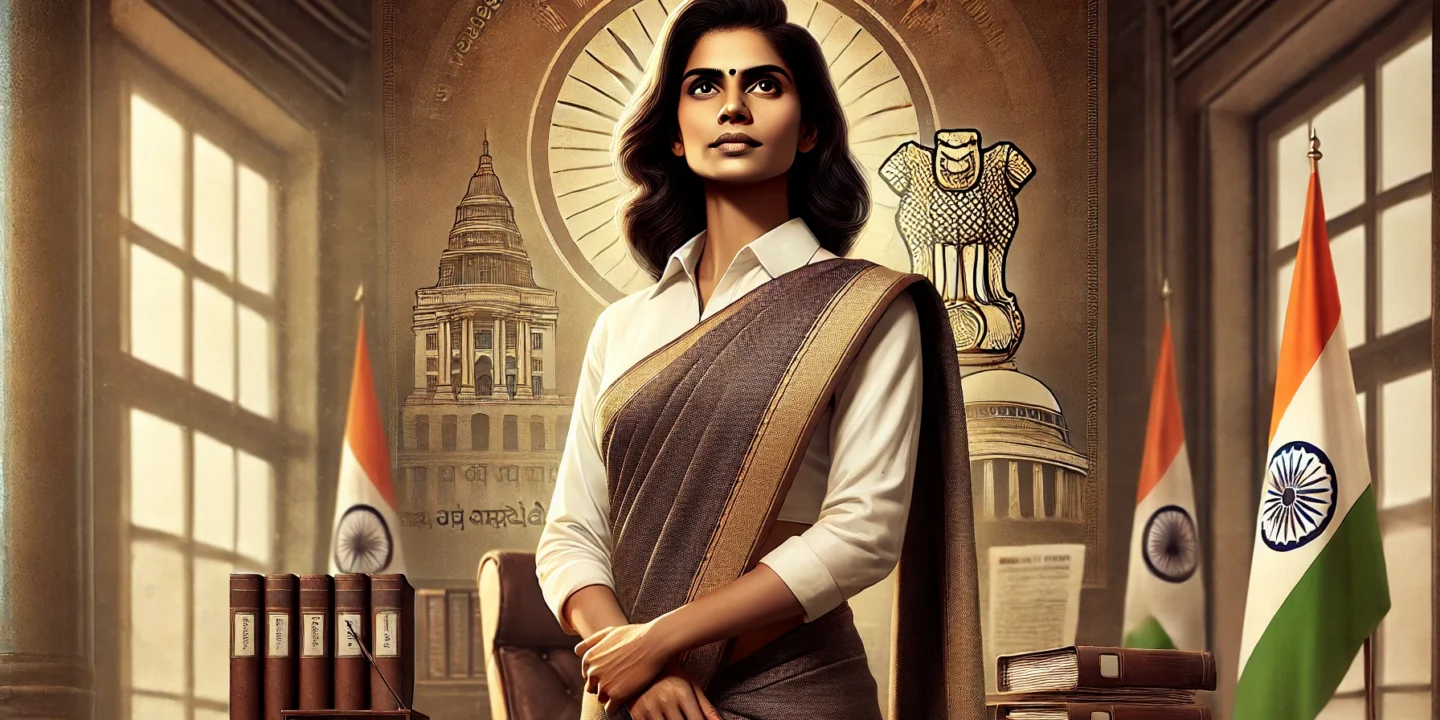- Home
- Social Issues
- “Black is Beautiful̶ ...

New Delhi: Kerala’s Chief Secretary, Sarada Muraleedharan, has strongly responded to social media trolls who ridiculed her for her dark complexion and compared her work to that of her husband, former Chief Secretary V Venu. Ms. Muraleedharan, who succeeded Mr. Venu in the top bureaucratic role, addressed the issue in a powerful Facebook post.
In her post, the 1990-batch IAS officer highlighted a comment she heard about her performance as Chief Secretary: “That it is as black as my husband’s was white.”
“I Embrace My Blackness”
Initially hesitant to share her thoughts, Ms. Muraleedharan deleted her post but later reposted it, encouraged by well-wishers who believed the issue needed discussion.
“I need to own my blackness. It was about being labeled black (with the quiet subtext of being a woman), as if that were something to be ashamed of,” she wrote.
She questioned the negative perception associated with the color black, calling it “the most powerful pulse of energy known to humankind.” She celebrated its significance, from fashion to nature, describing it as “the promise of rain” and “the essence of kajol.”
From Childhood Insecurities to Self-Acceptance
Reflecting on her past, Ms. Muraleedharan recalled childhood insecurities about her skin tone. “As a four-year-old, I apparently asked my mother if she could put me back in her womb and bring me out white and pretty,” she shared.
She admitted to spending years believing fair skin was superior—until her children changed her perspective. “They gloried in their black heritage. They found beauty where I saw none. They helped me see that black is beautiful, that black is gorgeous. That I dig black.”
A Wave of Support
Her words resonated widely, earning appreciation from many, including Kerala Opposition Leader VD Satheesan. He called her post “heart-touching,” sharing his own experiences growing up with a mother who had a dark complexion.
Ms. Muraleedharan, who has held key roles at the Ministry of Panchayati Raj, National Rural Livelihoods Mission, and Kudumbashree, later told ANI that the remark that prompted her post might have been made in jest. However, she emphasized the deeper issue: “Behind the humor, there is a value connotation—implying that because something is black, it is not good. But what is wrong with black?”
She hopes her words will inspire others facing similar struggles. “It’s time I own my identity—both as a woman and as someone with dark skin. Maybe, by doing so, I can help others see that we are worthy just as we are, without the need for external validation.”














